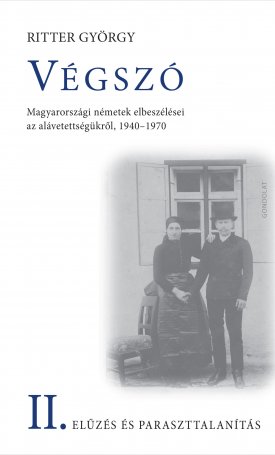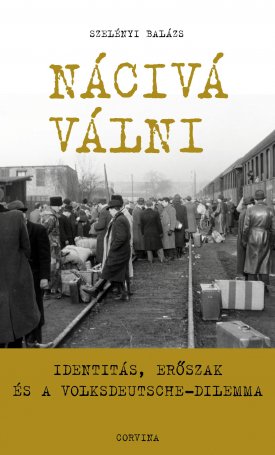New philosemitism paradigm
New philosemitism paradigm
The relationship between Jews and non-Jews is one of humankind’s most complex encounters and oldest conflicts. André E. Mozes builds his groundbreaking concept, the New Philosemitism Paradigm, for solving – or at least easing – this conflict, and does this with visionary creativity, historical and scholarly thoroughness and engineering precision. Frequently also with quite a bit of wit, refreshing for such a somber subject. The New Philosemitism Paradigm declares that, while dignified Holocaust remembrance and uncompromising vigilance in front of Antisemitism –
and other forms of racism – remain imperative, we need more searching, publicizing and fostering all past and present good co-existence too; interest in each other, co-operation, mutual inspiration and friendship between Gentiles and Jews, of material and spiritual nature. This balanced approach,
Mozes suggests, will improve the life of Jews and non-Jews alike, both together and each side separately; and make Holocaust remembrance and education against Antisemitism more effective, easier to teach and to learn. This book is about the better periods of co-existence (not ignoring the
horrifying chapter of the Shoah, but presenting also heroic life-savings – more than we are usually aware of); about the Jews themselves, and life with them as seen in classical literature. Finally, it offers a colourful bouquet of varied contemporary pieces: a dozen of Mozes’ own writings, and others written for this volume by invited renowned writers, scholars and independent thinkers of all walks of life.
André (Endre) MOZES – Born in Hungary, 1940, survived the Shoah in the Budapest ghetto.
Got his degrees in engineering & economics, studied humanities and arts (even wrote a few successful pop song lyrics). Worked in Hungary and in India as an engineer till 1973, when
moved to Israel with his family (+2) and lives there since; fulfilling his dream: he contributed
to the young Jewish state by designing and managing huge complex technological projects.
In 2000 Mozes switched from engineering to major social projects; founded ‘Take-APen’,
a grass-roots international media-watch organization for truth on Israel (www.takeapen.
org), in 18 languages and 50 countries. Wrote there over a thousand web articles.
By 2010 his main interest became Holocaust remembrance and combating antisemitism, but the flourishing Jewish cultural life in Budapest – shared by non-Jewish intelligentsia – inspired a surprising new direction: through years of research of the better sides of coexistence he developed his New Philosemitism concept, and created, with invited co-authors, the book “Ki szereti a zsidókat? A Magyar Filoszemitizmus” (Who likes the Jews? Hungarian Philosemitism).
That book discussed the unexpected positive facets of Jewish-Gentile coexistence in Hungary, from historic and social to a plethora of other aspects. The ambitious book attracted wide media and social attention, calling for similar global research. Interim findings justify the universal validity of the NEW PHILOSEMITISM PARADIGM, presented in this book.
















